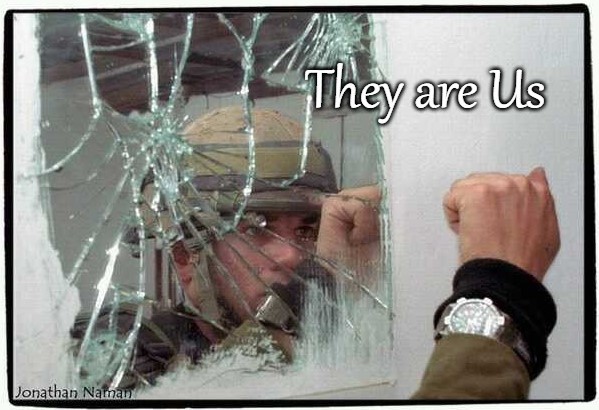27 July 2019
This nation began a virtuous path as one with high ideals. It was a nation that promised opportunity and the liberty to achieve it to its citizens. It was a nation founded upon the rule of law and the ethos necessary to govern across its vast territorial expanse. It was a nation that drew much of its strength from the qualities of many rather than the few. Newly arrived citizens raced to learn the common language, melding into the society to join its national focus. As a result, science, technology and the arts flourished and were advanced to a level of sophistication that no other society had ever before achieved.
At its height, this nation had the finest, most well trained and professional military in the world. Several great wars were fought and won. But even as the victor, this great nation helped rebuild its enemies’ infrastructure in its own image, while providing them protection from others. This nation prospered for many years, gaining great wealth and empire status as the last remaining superpower with the defeat of its long time rival, but the golden age did not last.
This nation began to suffer gradual atrophy of its morality and national will beginning with the loss of an unpopular protracted conflict in a land far away, that was clearly the result of political meddling in battlefield matters. Political scandals continued to rock the very seat of its once proud Capitol. Justice suffered too. Corrupt judges and courts aligned with political agenda subverted the lawmakers, and social injustice ensued.
Towards the end, this nation’s legal system had become so corrupted by agenda, greed and political influence that perpetrators were touted as the victims, while citizens were discounted and disgraced. Special interest groups and ethnic polarization began to dominate political direction and national goals. The majority was left under attack and unrepresented. Taxes became so exorbitantly high that for many, fifty-percent or more of their income was taken by the government to provide for the numerous and expensive government-mandated social programs. Prostitution, drug use, lawlessness, corruption, and social discord were rapidly over taking this once proud nation, eroding the very core values that made it great.
The nation’s once invincible professional military now suffered many disheartening losses during piecemeal campaigns involving policing actions, nation building and peacekeeping missions which sacrificed unit cohesion, training and sense of purpose. The citizens no longer trusted their government. Civil unrest mounted as political corruption grew, finally bringing this nation to its knees. This once grand republic was permanently divided between east and west. And, in the Fifth Century, 476 A.D., Rome fell.
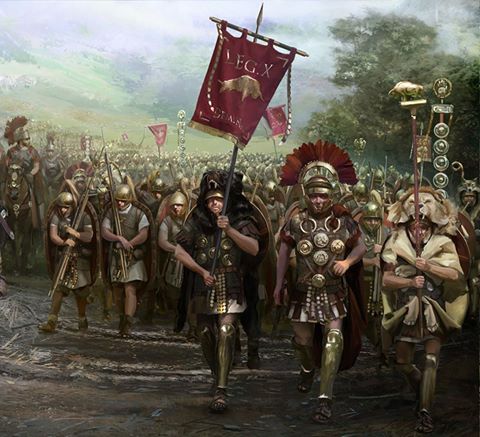
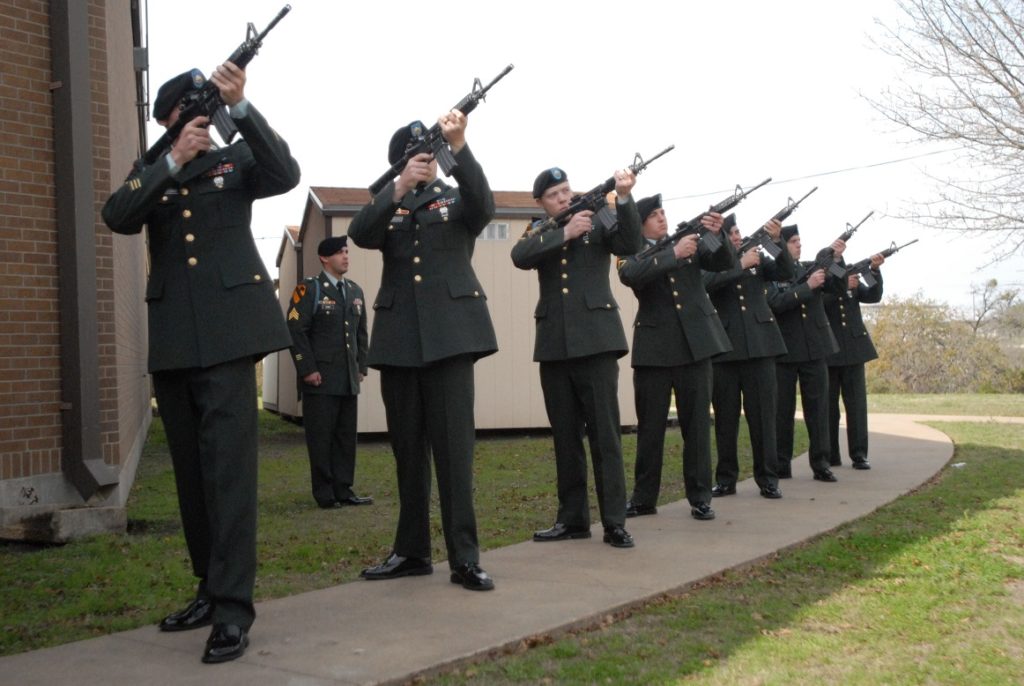
See also: The 21 Gun Salute
By Paul Evancoe (including his impressive bio)
In 1787, around the time our original thirteen states adopted their new constitution, Alexander Fraser Tytler, a Scottish history professor and expert in social studies at the University of Edinburgh, wrote about the fall of the Athenian Republic some 2,000 years earlier. At the time, his scholarly perspective was classified as quixotic. “A democracy is always temporary in nature; it simply cannot exist as a permanent form of government,” he wrote. “A democracy will continue to exist up until the time that voters discover they can vote themselves generous gifts from the public treasury. From that moment on, the majority always vote for the candidates who promise the most benefits from the public treasury, with the result that every democracy will finally collapse due to loose fiscal policy, which is always followed by a dictatorship.”

He went on to explain, “The average age of the world’s greatest civilizations from the beginning of history, has been about 200 years [before showing decline]. Those nations always progressed through the following sequence:
1. Bondage to spiritual faith;
2. Spiritual faith to great courage;
3. Courage to liberty;
4. Liberty to abundance;
5. Abundance to complacency;
6. Complacency to apathy;
7. Apathy to dependence;
8. Dependence back into bondage”
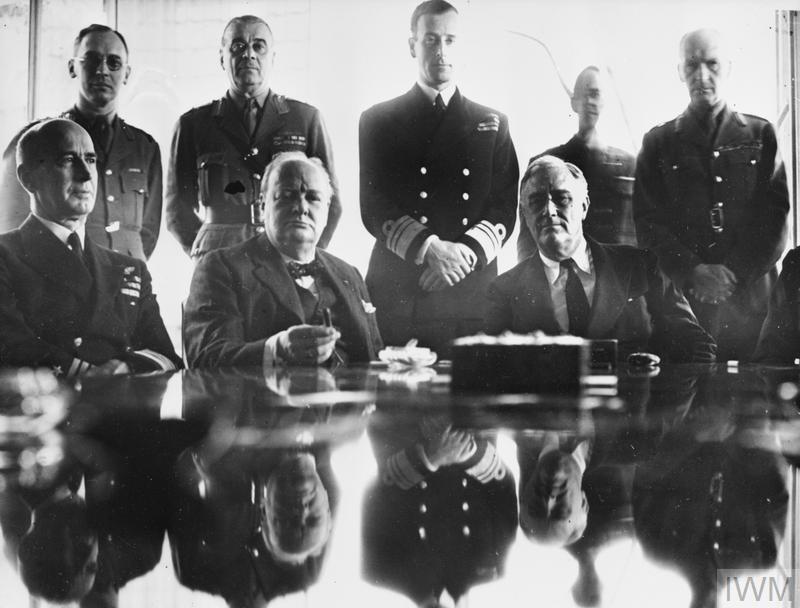
See also: Commander’s Intent
By Paul Evancoe
Many Americans believe that we are invulnerable to such a prognosis. After all, from a national security perspective, we have technical superiority, energy sufficiency, good surpluses, and most of all, military superiority. But what about national cohesiveness?
When World Wars I and II were fought, the national leaders and especially the Commander-in-Chief, had relatively few political constraints on their war making abilities and strategies. Average citizens simply did not expect to carry on a national debate about how to fight the war — only that it ought to be won and won decisively.
Today conflicts are one part military strategy and nine parts public relations, precisely because an open society demands its daily information infuse and special interest groups require adoration. Courageous political and military leadership is at a great disadvantage in such a polity, and today’s agenda-driven media takes full advantage of their power to drive the narrative.
Long hard wars, especially against stubborn and ideologically committed enemies such as Marxists and the Shari’a touting Islamic faithful, even conflicts prosecuted with a total war strategy, have become decidedly more difficult. Especially when the political leadership and – by implication the military as well – are subject to the nightly talking heads, polling data, the loudest in the crowd and a show of agenda-driven hands. While contemporary wisdom is that the greater the reach of egalitarianism – the better it becomes; this has never been established as fact or even as good theory.
In World War II the Vichy French, Hungarians, Romanians, Croatians, Iraqis, et.al, never attacked the U.S., but they were our enemies nevertheless because they were allied with the Nazis. Today Iranians, Syrians, Palestinians, et.al, are likewise our enemies because they are allied to the extent that they want a U.S. defeat at the hands of an Islam bounded by the Shari’a. So long as we continue to define the Middle East as the only enemy enclave, we are again headed for defeat because of our failure to deal with the fact neither terrorism, nor the fight against it, does not necessarily stop at national borders.
Secondly, we must recognize and fight an emboldened enemy within. The problem we face is that this enemy looks exactly like us. In fact, he is us and that takes many forms. But if this enemy is not stopped we will face the same end Rome faced. If nothing changes, nothing changes and change takes courage.
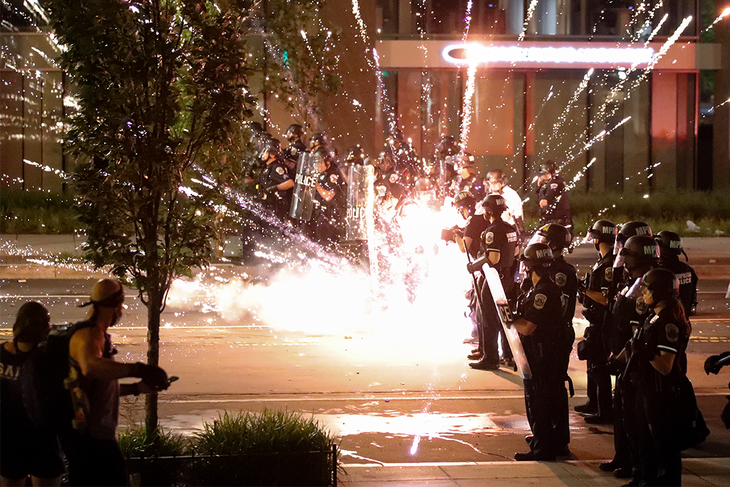
To win we must be courageous, not bold. The bold seek recognition for their acts. Boldness is a selfish, self-centered path, while courage is unselfish action that is offered from the depth of a person’s heart and soul. Boldness is non-directional, while courage has a rightful and virtuous resolve. Bold armies lose battles while courageous armies win them.
You may wonder – must one need to have a degree of boldness to achieve a courageous act? Perhaps…but boldness is more often a defense while courage always plays into a determined offense. If there are any words that you should remember as veterans and patriots, it is simply this: Be not bold, be courageous. Allow your opponent to be bold and see your opponent’s boldness for what it is… a means to beat him.
Our veterans have unselfishly demonstrated the courage of their convictions by their many sacrifices in the never-ending fight to defeat all enemies who seek to destroy our way of life. They do this amidst constant and vicious, personal and political attacks against them and their families and against the nation they protect. A veteran is someone who, at one point in his life, wrote a blank check made payable to “The United States of America,” for an amount of “up to and including [his] life.”
In the next 10 years, maybe sooner, veterans will be crucial in a global-military, political and economic context. As this country and the planet reach their violence-carrying capacity there will be a significant potential for global-scale disorder. As a result, we may expect our military to be involved in maintaining order. Veterans may become an important asset in preserving the peace. Especially in the areas of education, training, logistics and support, they can help relieve manning and deployment stress on active duty and active reserve forces. Veterans will in essence become a force multiplier for the military. Think about that for a moment – have you ever talked to a single veteran who left the service honorably and was still not committed in one way or another – who would refuse to answer our country’s call?
The professional military we enjoy today is the most highly educated, most well trained and best equipped of any military in recorded history. They are us: our brothers, our sisters, our sons and our daughters. They are our finest and smartest, our best and most courageous, but most of all, they are us. They carry with them our most sacred expectations, our hopes and our dreams, and they insure our future. They have written a check to the United States of America with a pay line that says, “for an amount up to and including my life.” They are us.
Editor’s Note: Paul Evancoe is a retired, career Navy SEAL. His significant military service awards include the Joint Meritorious Service Medal, Bronze Star with “V” for valor, Purple Heart, Meritorious Service Medal (3 awards), Cross of Gallantry with gold star for heroism, Navy Commendation Medal with “V” for valor, Navy Combat Action Ribbon (3 awards), Navy Achievement Medal (4 awards), along with 12 other lesser medals and campaign ribbons. Paul holds a BS in Industrial Technology from Millersville Pennsylvania State University and an MA in Human Resource Development from the George Washington University. He is the author of three novels; Own the Night, Violent Peace and Poison Promise (available from Amazonbooks.com), as well as many articles in various professional journals. His full bio is available here.
